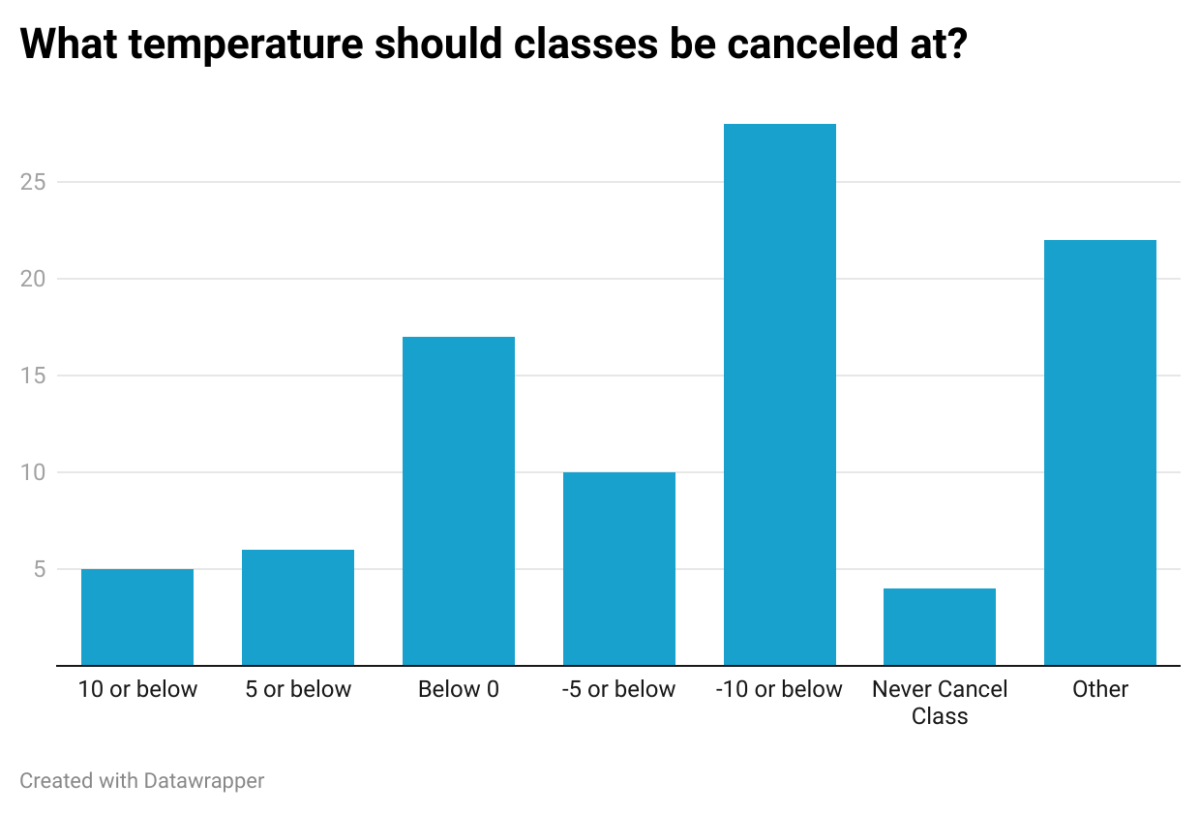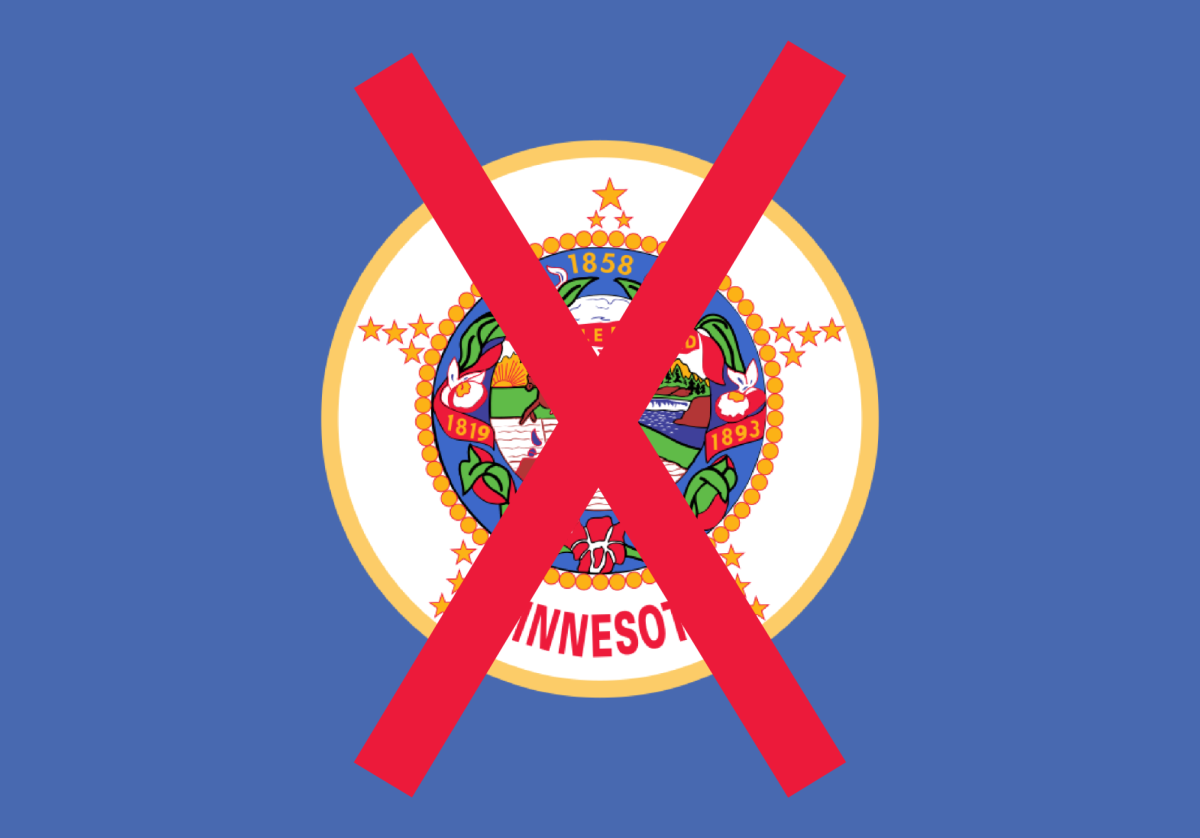Editor’s note: The use of the word “scam” in this column is meant hyperbolically. We are not implying that the University is engaged in large-scale fraud against its students.
For returning students, getting course materials and textbooks for the semester should be a seamless process. However, in between SAFE-U alerts and other back-to-school emails, we were notified of the new textbook system the University of Minnesota was implementing for the semester, Course Works.
As opposed to the previous method of ordering your textbooks individually from the bookstore and picking them up, Course Works provides a flat $279 fee for all your required materials for the semester. All undergraduate students, regardless of the number of textbooks they required, were automatically enrolled in the $279 fee Course Works Complete option and notified of this via email.
From there, you had three options.
You could do nothing and pay $279 for all your materials, whether that was one book or six. You could change your preference to Course Works Select and choose to pay individually for which required materials you wanted to purchase. Or, you could opt out completely and acquire your materials on your own.
Your Course Works choice had to be submitted by Sept. 16, the last day to drop classes. So unfortunately, if you are reading this, it is most likely too late to opt out. Maybe look into a tax write-off?
In a recent poll put out by the Opinions Desk, 50 students and University community members shared how well they think this new system worked out and what Course Works choice they went with. We also created a one to ten scale for our respondents to rate it with. Scam to bam.
As a disclaimer, we are more than aware that 50 respondents are not enough to declare true statistical scam to bam validity, but if you take issue with this, I would encourage you to check your emails more vigilantly so that you can contribute to important polls and opt-out of $279 fees ahead of time.
Of our respondents, only 24% chose to maintain their opt-in to the Course Works program. For a system that has an automatic opt-in, I would hope more than 24% of students are actually sticking with this option.
When asked about the choice to opt out, Jonathan, a third-year student who asked for his last name to be omitted as to avoid incrimination said, “$279 is a lot of money, especially if you can already pirate at least 20-50% of your books.”
Fair play, Jonathan.
Julia Nicklawske, a third-year family social science student, also had concerns about the way the system was set up.
“I only have three required reading materials this semester,” Nicklawske said. “So I don’t think I should automatically be opted-in. I only paid $75 for my materials, whereas the flat rate was $270. Being automatically opted-in feels like a money grab, but alas, this is a public university.”
Similarly, Ash Smith, a fourth-year student, suggested the $279 could be better used for several other things.
“I had zero textbooks/inclusive access this semester and if I had not opted out, I would’ve been scammed out of $270 that can be used for literally anything else a student needs,” said Smith.
Crow Wilkins, a second-year animal science student, raised an important question about where this Course Works money was actually going.
“Another money grab from the University,” Wilkins said. “Auto enrolling you and charging you $270 plus unless you opt-out. My textbooks and workbooks this year cost a total of $0, so where would that money go?”
Ashley Myers, a fourth-year history student, chose to opt into the program but still admitted that it had its shortcomings.
“I think the system has its benefits,” Myers said. “A student’s required course materials are piled together in one convenient and easy-to-access location, but the cost of the program is often too much for the amount of materials needed. Why am I overpaying for a system which doesn’t even let me choose my options?”
Beyond the cost and logistics of Course Works, respondents also had gripes about the way the system was advertised.
When asked about how they heard of the system, Seyram Agudu, a third-year student who opted out, wrote, “I was scrolling on MyU and I saw a post about it.”
This is a message to anyone who’s ever told you scrolling kills your brain. It just saved someone $279.
Lee Penn, a chemistry professor who only heard of Course Works through “student complaints” said, “Many students have asked me why they aren’t able to find what they need using it.”
Brayden Rothe, a second-year history PhD student, said he first heard of the program through word of mouth.
“I heard someone say ‘Course Works’ and just thought it was another random button or feature,” Rothe said. “Then, I found out later via an email.”
I will never knock word-of-mouth advertisements, but there is a time and a place. A $279 automatic purchase doesn’t seem like the place.
Maggie Ireland, a fourth-year astrophysics student who chose to opt-in wrote, “It took a while to understand how it works. There are emails and posters and not much information outside of the actual Course Works shelf.”
Kylie Faber, a second-year communications student, said the automatic opt-in was alarming at first.
“I was confused why I was opted into something without doing the action myself,” said Faber. “I had to call because I was worried someone logged into my account when I got an email from the bookstore telling me to pick up books.”
To contextualize all of our responses with the scam to bam, one to ten scale, the average rating of Course Works according to the poll was about 3.5. So, maybe scam was too harsh of an assessment, but it seems like the system definitely wasn’t a bam either.
Perhaps… a sham?













